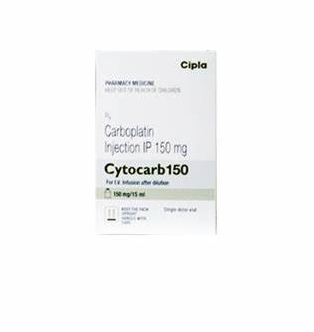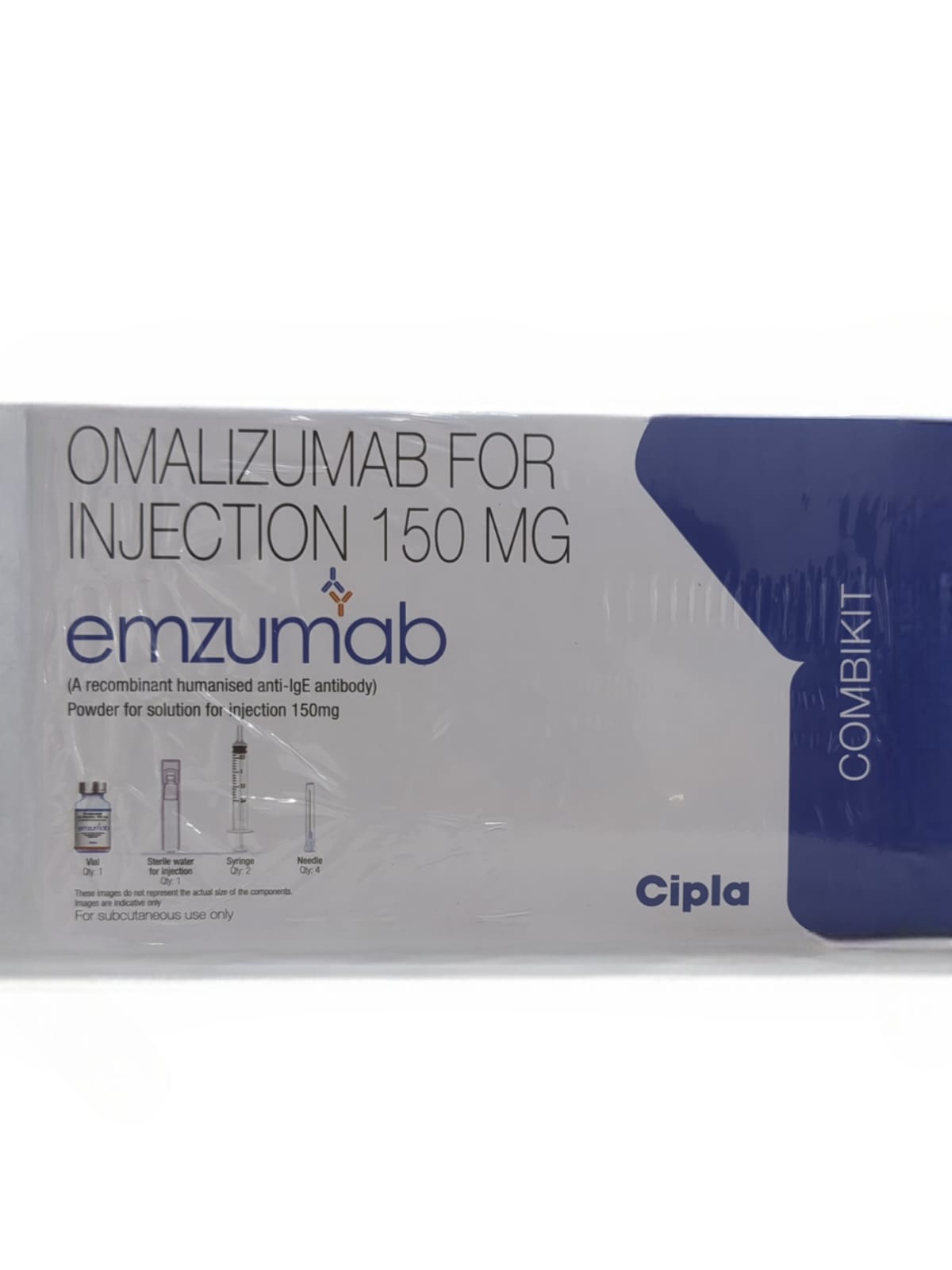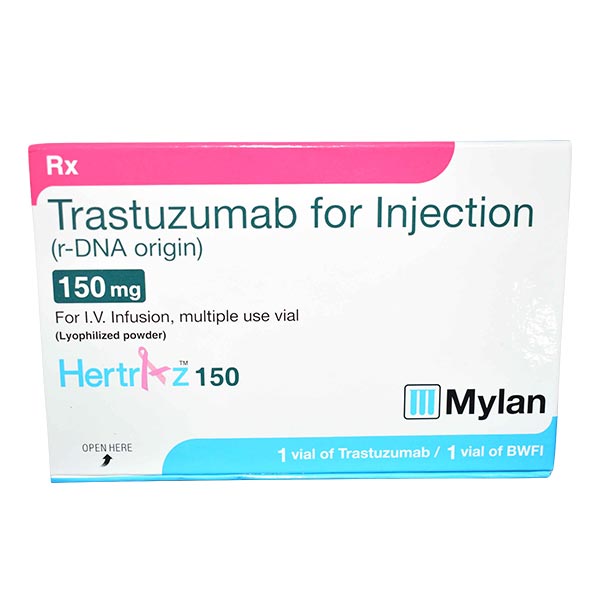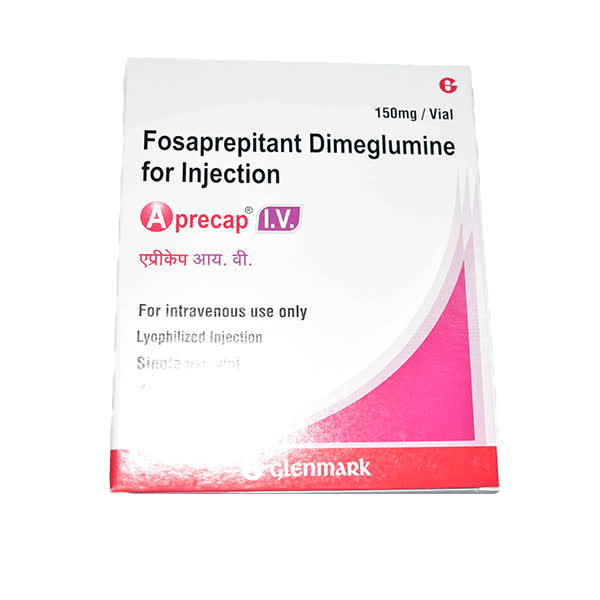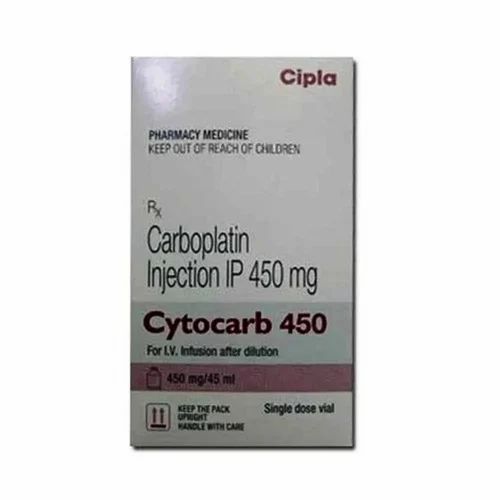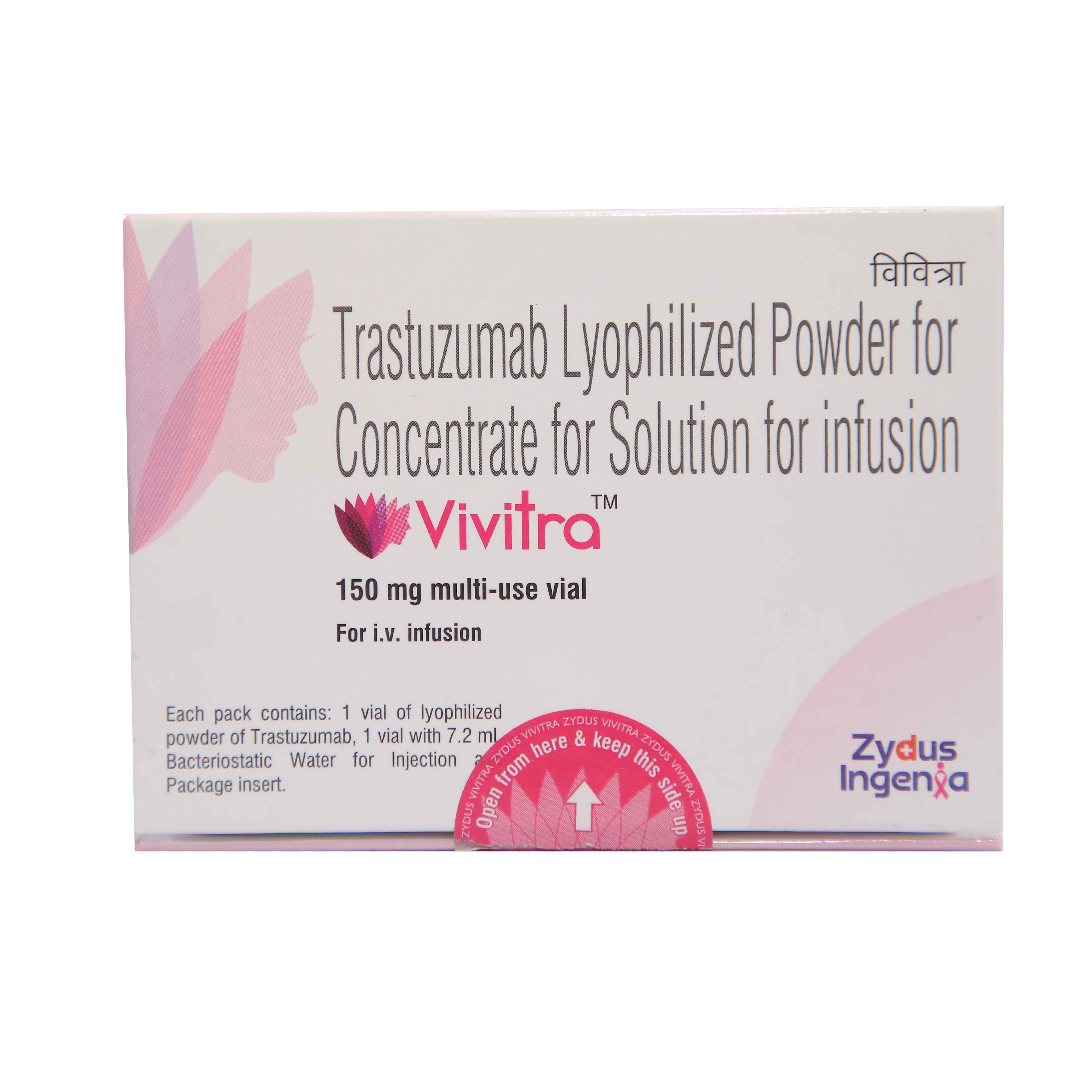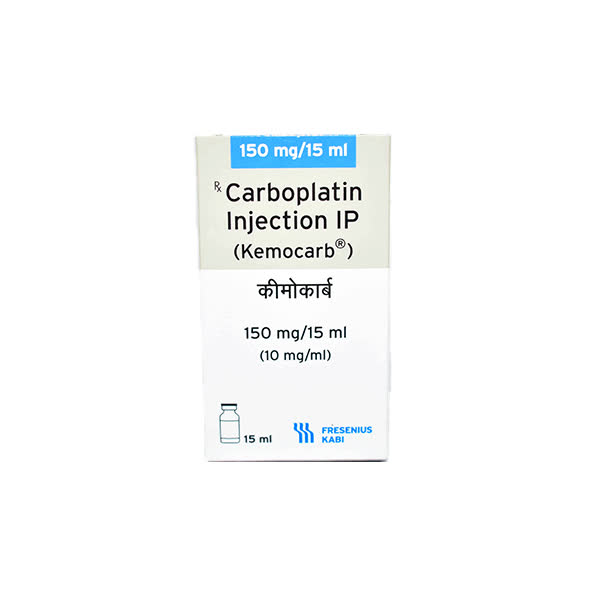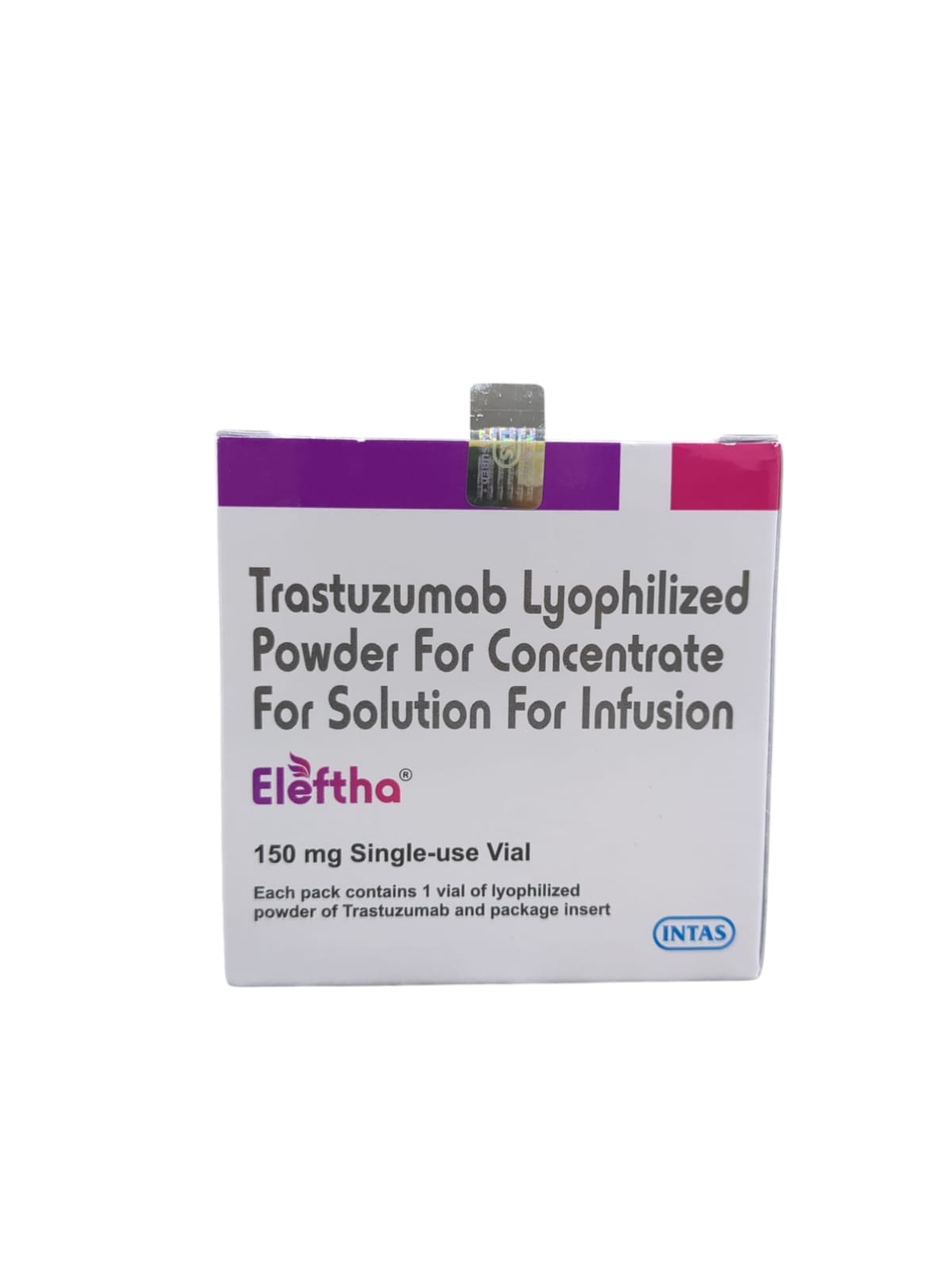Cytocarb 150mg Injection is used in the treatment of ovarian cancer and small cell lung cancer. It shows its working by stopping or slowing down the growth of cancer cells. Cytocarb 150mg Injection is given as an injection into veins under the supervision of a doctor. Your doctor will decide what dose is necessary and how often you need to take it. This will depend on what you are being treated for and may change from time to time. You should take it exactly as your doctor has advised. Taking it in the wrong way or taking too much can cause very serious side effects. It may take several weeks or months for you to see or feel the benefits but do not stop taking it unless your doctor tells you to. Nausea, vomiting, fatigue, and increased liver enzyme are some common side effects of this medicine. This medicine may reduce the number of blood cells (decrease red blood and white blood cells) in your blood, thereby, increasing the susceptibility to infections or bleeding. Inform your doctor if you notice fever, sore throat, chills, unusual bleeding or bruising, and dark urine. Regular blood tests are required to check your blood cells along with heart, liver, and blood uric acid levels. You must inform your doctor if you experience allergic reactions with injection such as skin rash, itching, and trouble breathing. Many other medicines can affect, or be affected by, this medicine so let your healthcare team know all medications you are using. This medicine is not recommended during pregnancy or while breastfeeding. The use of effective contraception by both males and females during treatment is important to avoid pregnancy. Uses of Cytocarb Injection Ovarian cancer Small cell lung cancer Cervical cancer Testicular cancer Cancer of colon and rectum Lung cancer Side effects of Cytocarb Injection Most side effects do not require any medical attention and disappear as your body adjusts to the medicine. Consult your doctor if they persist or if you’re worried about them Common side effects of Cytocarb Nausea Vomiting Anemia (low number of red blood cells) Fatigue Low blood platelets Increased liver enzymes Decreased white blood cell count (neutrophils) Stomatitis (Inflammation of the mouth) Peripheral neuropathy (tingling and numbness of feet and hand) Diarrhea How to use Cytocarb Injection Your doctor or nurse will give you this medicine. Kindly do not self administer. How Cytocarb Injection works Cytocarb 150mg Injection is an anti-cancer medication. It works by damaging the genetic material (DNA and RNA) of the cancer cells which stops their growth and multiplication. Safety advice warnings Alcohol CONSULT YOUR DOCTOR It is not known whether it is safe to consume alcohol with Cytocarb 150mg Injection. Please consult your doctor. warnings Pregnancy CONSULT YOUR DOCTOR Cytocarb 150mg Injection is unsafe to use during pregnancy as there is definite evidence of risk to the developing baby. However, the doctor may rarely prescribe it in some life-threatening situations if the benefits are more than the potential risks. Please consult your doctor. warnings Breast feeding UNSAFE Cytocarb 150mg Injection is unsafe to use during breastfeeding. Data suggests that the drug may cause toxicity to the baby. warnings Driving UNSAFE Cytocarb 150mg Injection may decrease alertness, affect your vision or make you feel sleepy and dizzy. Do not drive if these symptoms occur. warnings Kidney CAUTION Cytocarb 150mg Injection should be used with caution in patients with kidney disease. Dose adjustment of Cytocarb 150mg Injection may be needed. Please consult your doctor. Use of Cytocarb 150mg Injection is not recommended in patients with severe kidney disease. Regular monitoring of kidney function tests may be advised while you are taking this medicine. warnings Liver SAFE IF PRESCRIBED Cytocarb 150mg Injection is probably safe to use in patients with liver disease. Limited data available suggests that dose adjustment of Cytocarb 150mg Injection may not be needed in these patients. Please consult your doctor.
Send Message